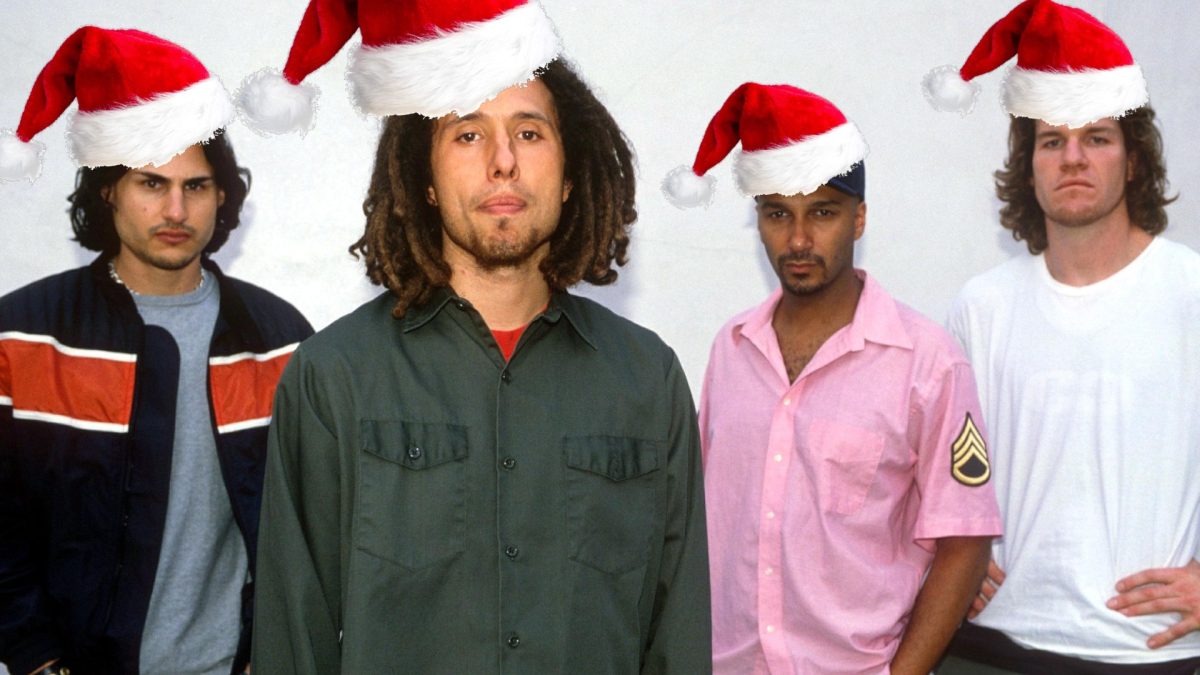The power of social media, a Christmas RAGE tale

Let me take you back to Christmas 2009, you’re just hearing about BitCoin for the first time (that’ll never take off), getting used to Obama being the coolest President ever and you have just enjoyed the excitement of going to the cinema to wear 3D glasses to watch Avatar. It’s also when the power of the people and Social Media came to join forces.
Not a vintage year by any stretch, but something was brewing in the charts. XFactor was coming to a close for its 6th season and getting ready to crown its winner with another bland and predictable Christmas number 1 hit. The winner “Joe McElderry” had seen off the competition (Including Olly Murs) after a duet with Miley Cyrus to finish first with the most public votes and was buzzing.
He was preparing to release his Simon Cowell approved Christmas contender “The Climb”, a cover of a Miley Cyrus hit and wholly unoriginal rendition. Like previous years they were looking to take the top spot for Christmas and wrap up another notch on the XFactor accolades list.

RAGE
However, sections of the general public were not feeling very festive about all this. Having seen this corporate music machine churn out Christmas number ones and spoil the previous magic of achieving Christmas legend for anyone else through their TV following, it was time to make a change.
Previous campaigns had tried but never had the traction or numbers to hit the top spot.
Nevertheless, a social media campaign “Rage Against the XFactor” attempted to change things for Christmas, and the song choice appeared to be on point. The hit “Killing in the name” by Rage Against the Machine (RATM) was a hard rock anti-establishment anthem from 1992. It features lyrics inspired by the police brutality suffered by Rodney King and the subsequent 1992 Los Angeles riots. An impassioned song with an explosive expletive finish, wholly unsuitable for daytime radio play.
The battle raged in December with Zack De La Rocha announcing RATM would put on a free gig in the UK if they won.
The campaign was slammed as the X Factor song was donating some profits to charity, so the Rage Against X Factor campaign encouraged supporters also to give to charity. A Justgiving page was created to raise money for homeless charity Shelter which, as of 20 December, had raised over £70,000.

Various UK news channels, radio stations, and websites mentioned the campaign after Simon Cowell called it “stupid” and “cynical.”. RATM added their support stating that achieving Christmas number one would be “a wonderful dose of anarchy” and that they planned to donate the proceedings to charity.
The UK Christmas number 1 – 2009
After selling more than 500,000 copies, the song became the first download-only single to become the UK Christmas number one of 2009.

A comedy highlight of this time was the controversy when they performed a rendition of the song for BBC Radio 5 Live. Despite the hosts asking them to censor the expletives, Zack De La Rocha began the crescendo of the song only singing “I won’t do what you tell me”, with a pause where he normally sings “f*ck you”. After a few lines, he screamed the lyrics, “F*ck you, I won’t do what you tell me”, to bring home the anti-establishment message. The hosts cut them short, apologising for the language.
Full video here of the show. This also gives some great background to the story:
End of the radio broadcast:
On June 6, 2010, RATM as promised performed at a free concert for 40,000 fans in Finsbury Park. An amount of £162,713.03 was presented on stage, representing donations to JustGiving and royalties from single sales.

Social Media
This for us illustrates the power of people power on social media, inspiring others to join a common cause. Plus, this heartwarming and hilarious Christmas tale quite rightly sticks it to the man!
Happy Holidays to everyone.

